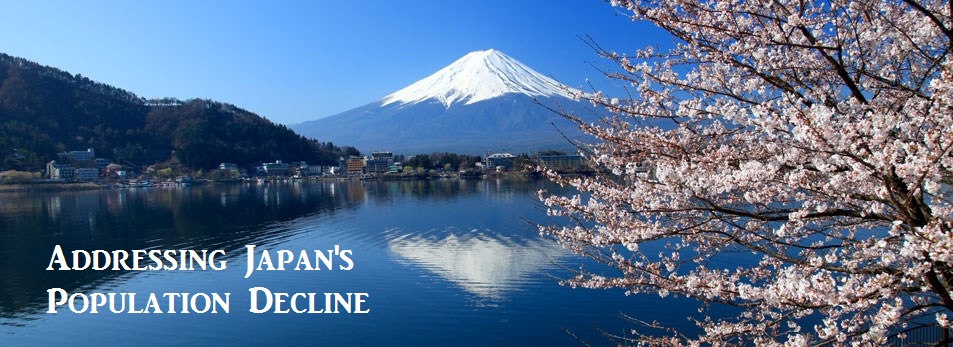Issues in gender typically revolve around equality and rights, but when brought into the real of environmentalism, new possibilities and arguments are uncovered. With the historical roles and interactions that women have with the environment, it’s not a far shot to say that our society has latched onto these domestic consistencies. In Rocheleau’s work, the idea of feminist political ecology is explained and defined as a mix between feminist cultural ecology and political ecology. In order to define this new term, Rocheleau breaks it down into three underlying themes that incorporate our gendered understanding of knowledge, environmental rights and responsibilities, and environmental politics and grassroots activism. She also touches on 5 points brought up by other researchers and scientists that support the relationship of females and the environment, and thereby environmental and economic development. Upon reading this extract a few times over, I am less than impressed with Rocheleau’s presentation of work because of its lack in depth and supporting evidence. I would need more content, comparisons, and statistics to be convinced of the ideas presented. I, however, feel strongly that there is an important role that women play in the environment. I agree with the statement that this relationship is not biological, but learned through living in a gendered society. I find some of the verbage used to be a little outdated which resulted in my initially resisting the ideals that she was pushing.
